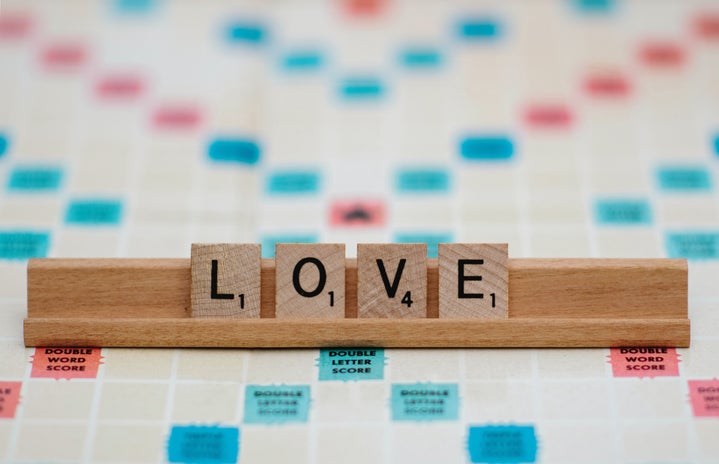As a second generation Korean American, I grew up never having a conversation with my grandparents. They only spoke Korean, and I only spoke English because my parents never taught me how to speak fluent Korean and I never really learned. My mom taught me the basic phrases like, “Hello” and “Thank you”, and the names of various Korean dishes, but my speaking skills never went beyond that level when my grandparents were still alive.
When I was a kid, my mother would drop me and my sisters off at our grandparents’ condo for them to babysit us or spend quality time together. I remember dreading my mom leaving me because when she left, so did my translator. Whenever my grandparents would try speaking to me in Korean, I would feel confusion and shame that I couldn’t understand them.
Despite the language barrier, my sisters and I knew we loved our grandparents and that they loved us back. My grandparents never said, “I love you”, but they showed their love in various ways. My grandmother especially showed her love through food. I loved watching 할머니(halmeoni) chop vegetables and pull apart the tender meat in her hands to make a heartwarming rice cake soup(떡국/ddukk guk). She would also sit with my sisters and I on the couch individually, hold our hand and speak to us in Korean. I never knew what she said, but her voice, although stern, would be soft and comforting and I knew that I was safe.
My grandpa passed away when I was around twelve years old. After that, my grandmother moved in with my oldest aunt and continued living there. Eventually though, she got diagnosed with dementia. It felt unfair. By the time I was old enough to make distinct memories with grandma, she forgot me.
As I went over to my aunt’s house to visit grandma in high school and college, it felt like I was seeing a shell of who she was. A hand that once held mine in comfort felt awkward to hold, and I didn’t know how to communicate with a person with a mental and language barrier. I still loved my grandmother, but I didn’t know how to get close with her. I didn’t know how to grow my relationship with her or how to make sure the limited time we had together mattered because I felt like she wouldn’t understand.
Life was like that for a while until last summer, my grandma couldn’t get out of her bed. The thing about dementia is that even though it takes away parts of your personality and memories, the habits can still be there. If you wake grandma up, she will instantly get up out of her bed, brush her hair and get ready. But that day, her body didn’t want to do it for some reason.
An ambulance came and took grandma and the next day, my older sister and I were supposed to help take care of her at the hospital. My sister got there earlier in the morning, and by the time I arrived, one of my aunts was also there. The three of us took turns tucking my grandma into bed, giving her water, and changing her diaper.
My aunt and sister left the room to get something and I was left alone with my grandma. She stared ahead at the ceiling, looking grumpy and small, and would repeatedly say, “I want to go home” in Korean. I tried to tell her that everything was okay, “괜찮아요”(gwaenchanh-ayo), but her mouth stayed in that permanent frown. I then went to Spotify on my phone and found an old Korean ballad. I pressed ‘play’ and let the music fill the room. Even though I couldn’t take away my grandmother’s frustrations and worries, I hoped that at least the Korean music would sound familiar to her and make her feel better. My grandma was still frowning, but she stopped muttering. I held her hand, and wondered at how its softness and fragility was comforting but scary at the same time.
As the music continued to play, it started to set in that my grandma had the possibility of passing away soon. An ever-present presence in my life was going to leave and I had no idea of knowing when it would be the last time to say goodbye. Gathering every bit of courage and love I had for halmeoni(할머니), I turned to her, held her hand and said, 사랑해(I love you).
She didn’t respond and continued staring at the ceiling. But she didn’t let go of my hand, and after that I wasn’t too shy to hold hers anymore.
Grandma passed away less than a week after. I still miss her and I always will. Although it was hard having a relationship with my grandma without the verbal validation, I find it beautiful at the same time. I love that I knew my grandma loved me, not by words, but by her putting her coat on my shoulder on a cold walk back home or sneaking me cookies and money without my mom knowing.
It’s baffling and wonderful knowing you love someone even if you’ve never had a real conversation with them before. But that’s what love is and in the end, it didn’t hurt to say it out loud.




